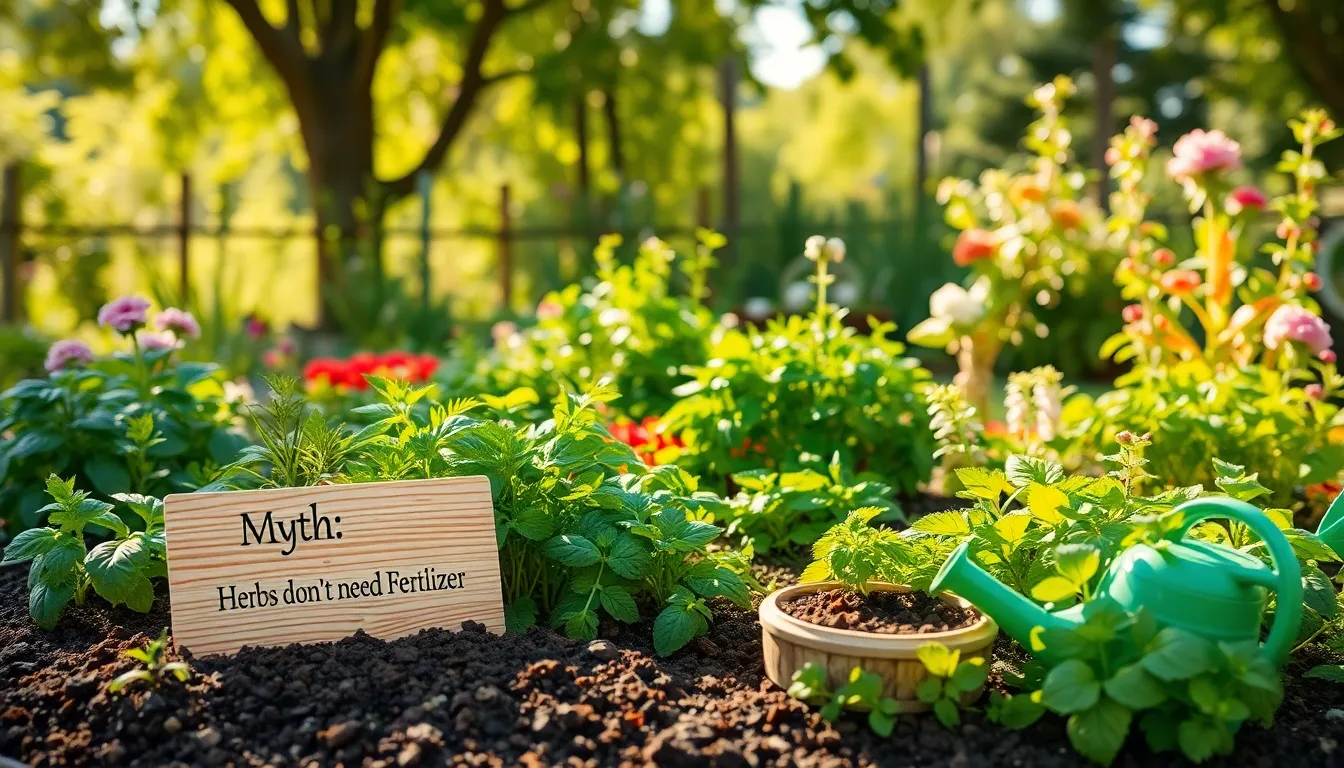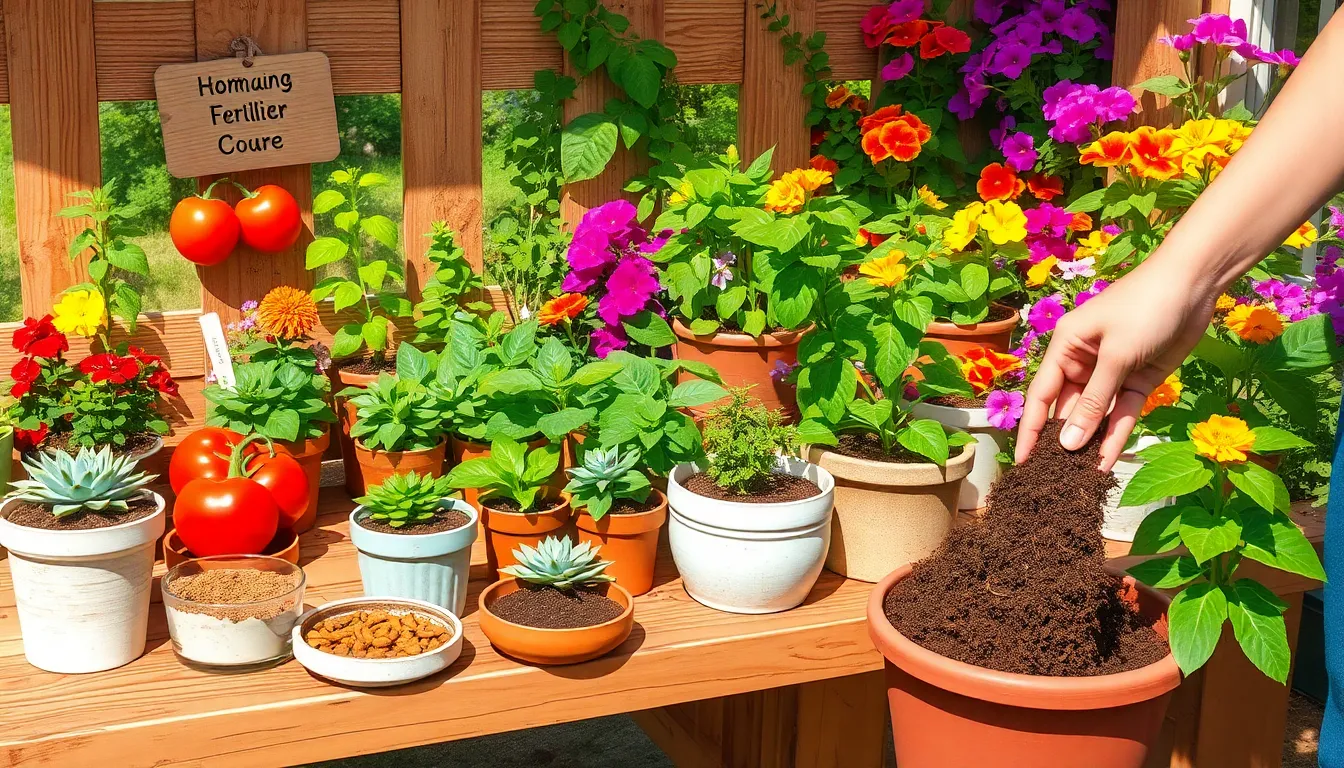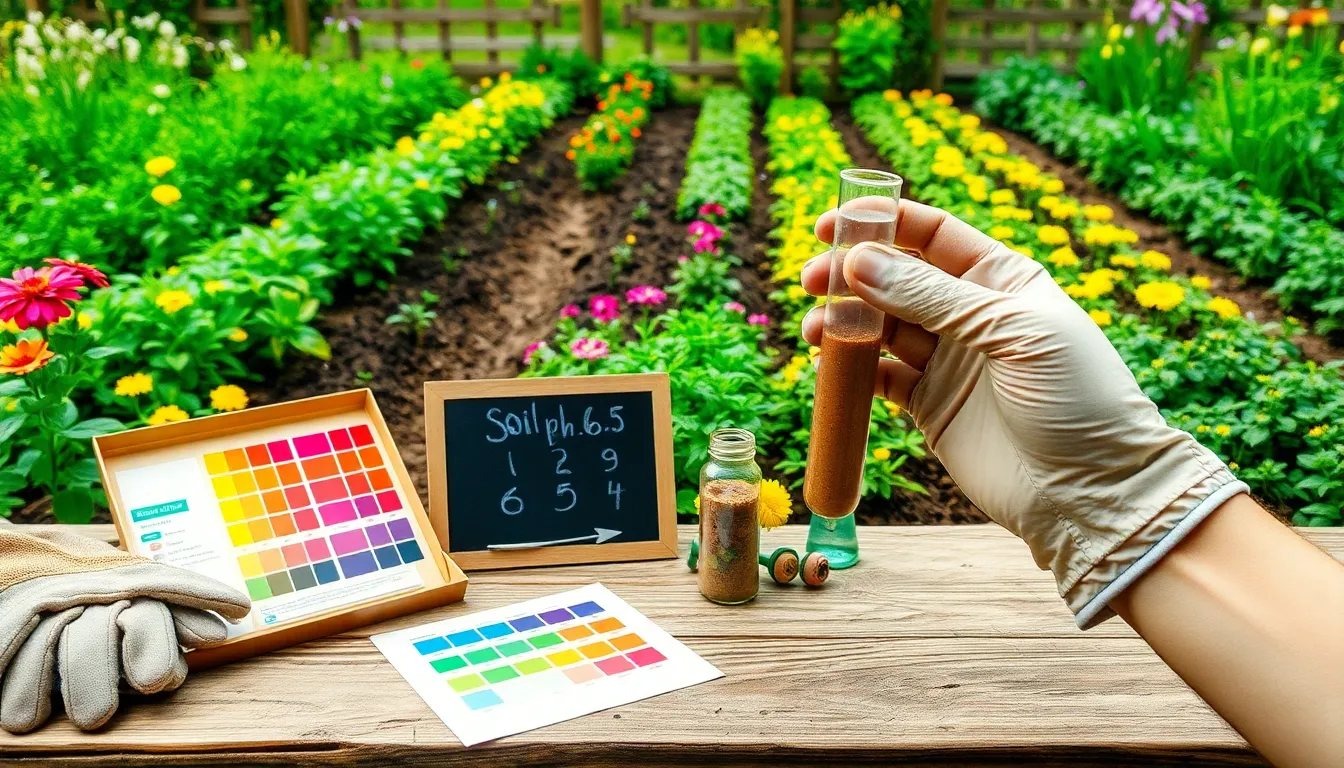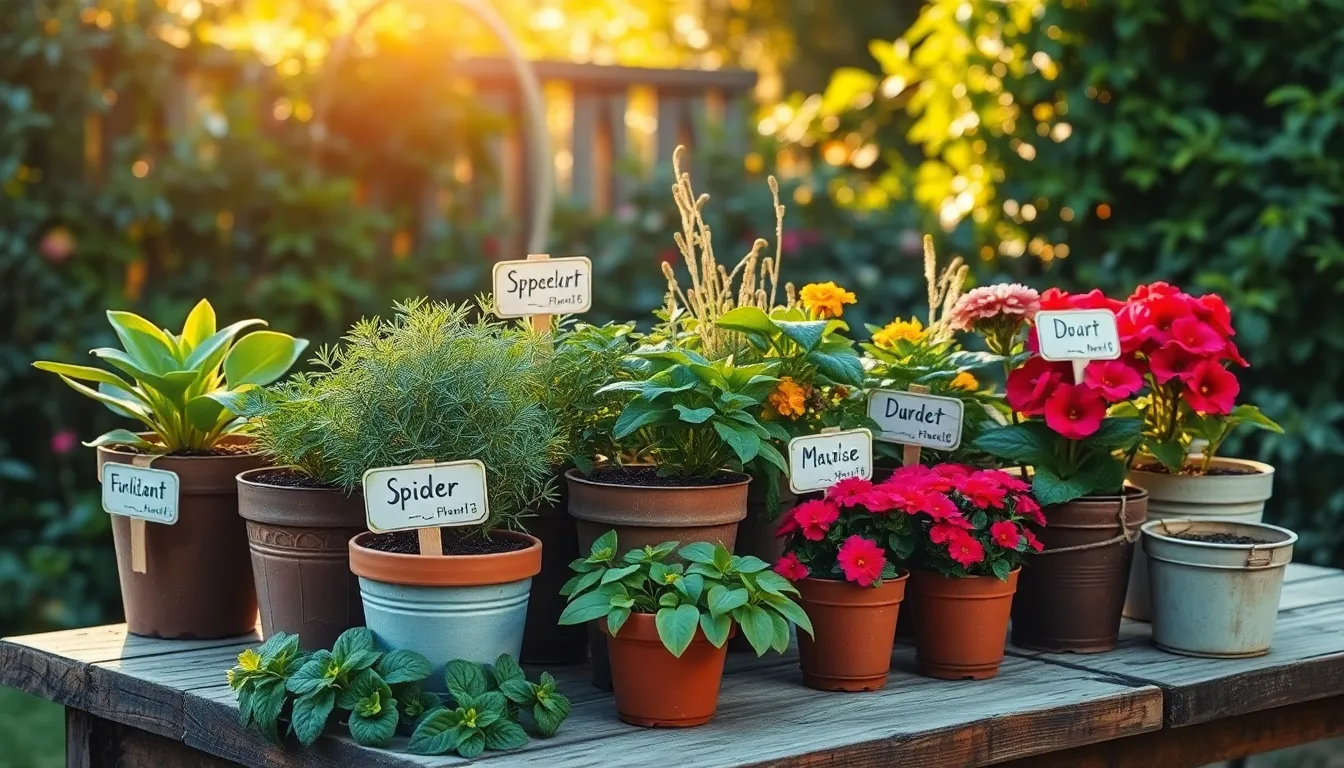Gardening offers a profound connection to the earth, allowing us to nurture life while reaping its bountiful rewards. Whether you’re a novice just planting your first seeds or a seasoned gardener with a seasoned trowel, understanding how to fertilize plants organically can make all the difference to your garden’s success. Organic fertilization isn’t just a buzzword—it’s a practice steeped in tradition and sustainability, promising lush, healthy growth without the ecological footprint of synthetic alternatives.
In this article, we’ll peel back the layers of common misconceptions about organic fertilizers and equip you with the knowledge to debunk them confidently. You’ll learn how organic fertilizers work, why they’re beneficial both for your plants and the environment, and how to incorporate them effectively into your gardening routine. As we explore these myths, you’ll discover that organic fertilization isn’t as complicated or costly as it might seem and can be seamlessly integrated into any garden, large or small. So, grab your gloves and trowel—let’s dig into the truth and cultivate a garden that’s as kind to the earth as it is fruitful.
Debunking Organic Fertilizer Misconceptions
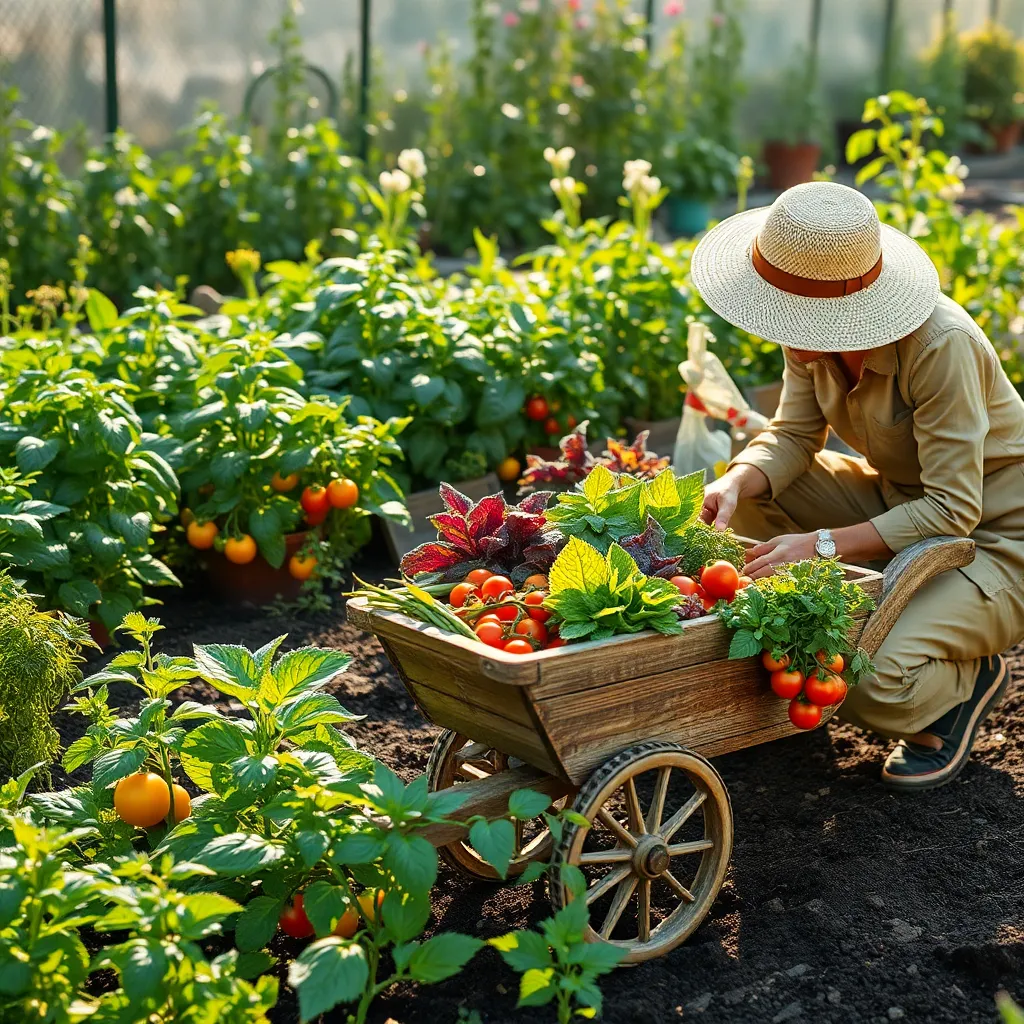
One common misconception about organic fertilizers is that they work immediately like synthetic ones. In reality, organic fertilizers release nutrients slowly, which provides a steady supply of nourishment over time and improves soil health in the long run.
Another myth is that all organic fertilizers are too weak to support vigorous plant growth. However, using a combination of organic materials like compost, bone meal, and fish emulsion can create a balanced nutrient profile that supports both the growth and resilience of plants.
Some gardeners believe organic fertilizers are too expensive and not worth the investment. Yet, homemade compost, which can be created from kitchen scraps and yard waste, is a cost-effective way to enhance soil fertility without breaking the bank.
It’s often thought that organic fertilizers are difficult to apply correctly. On the contrary, most organic fertilizers can be easily integrated into your gardening routine by following simple guidelines, such as applying them during the planting season or when the plants are actively growing.
Understanding Natural Nutrient Sources
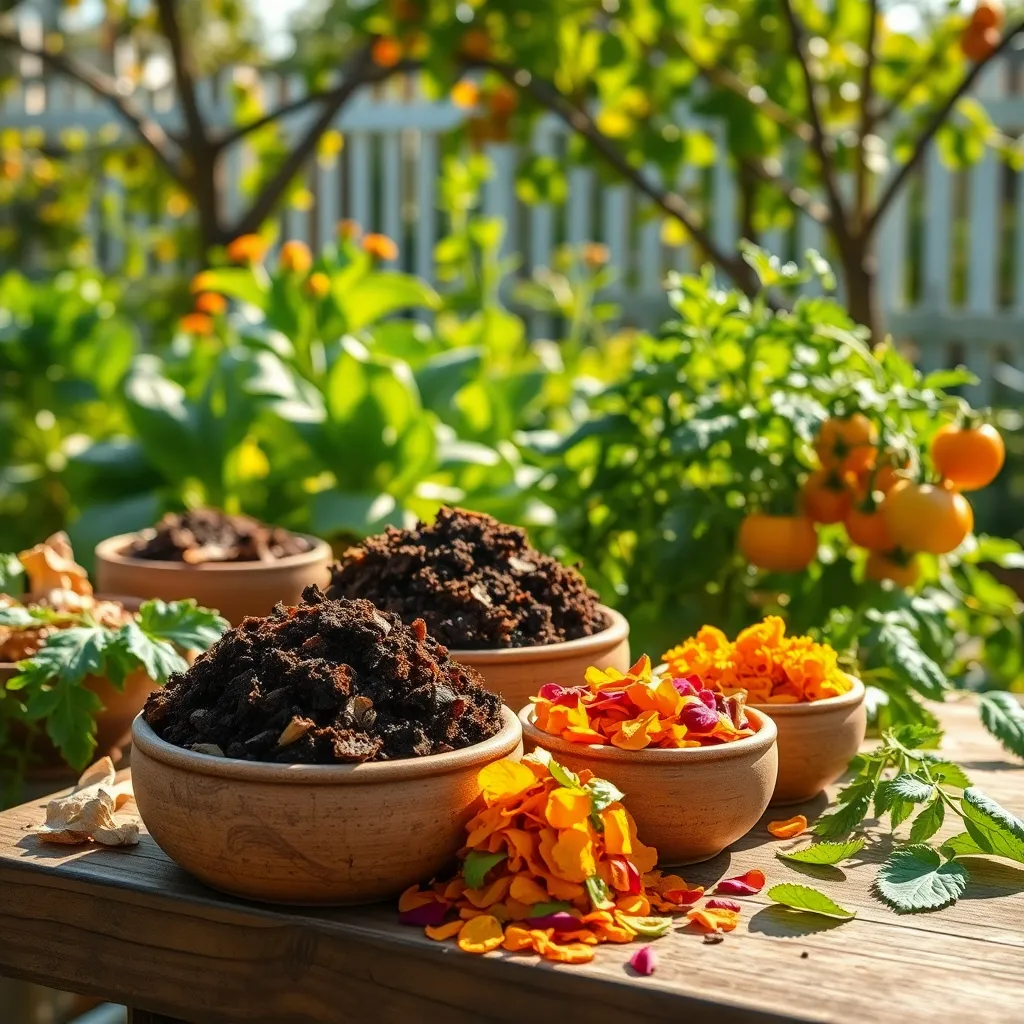
Natural nutrient sources are essential for healthy plant growth and can be found right in your backyard. Composting kitchen scraps such as vegetable peels, coffee grounds, and eggshells is an excellent way to create a nutrient-rich soil amendment.
Aside from compost, manure from herbivores like cows, horses, and chickens can significantly improve soil fertility. Be sure to age or compost the manure before using it in your garden to prevent burning tender plant roots.
Another valuable natural nutrient source is green manure, which involves planting cover crops like clover or rye. These plants are tilled into the soil, enhancing its organic matter and nutrient content as they decompose.
For those looking to boost plant health naturally, consider using liquid seaweed extract, which is rich in trace minerals and growth hormones. Apply it as a foliar spray or soil drench to promote robust root development and improve resistance to pests and diseases.
Organic vs. Synthetic: Key Differences
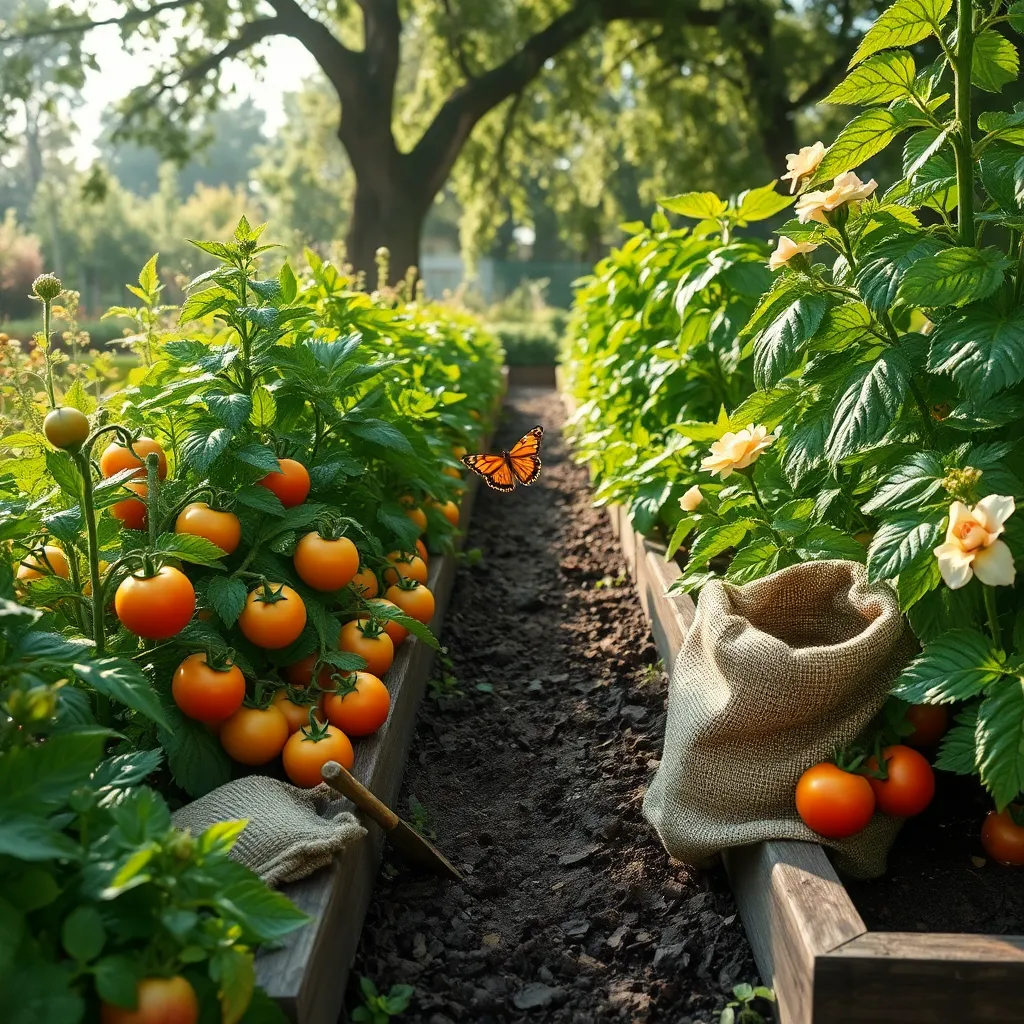
When it comes to fertilizing organically, it’s crucial to understand the key differences between organic and synthetic fertilizers. Organic fertilizers are derived from natural sources such as compost, manure, and bone meal, and they release nutrients slowly as they break down in the soil. In contrast, synthetic fertilizers are chemically manufactured and provide an immediate nutrient boost to plants but may not improve soil health over time.
One of the primary benefits of using organic fertilizers is their ability to improve soil structure. These fertilizers not only supply essential nutrients but also enhance the soil’s capacity to retain moisture and support beneficial microbial life. On the other hand, synthetic fertilizers can lead to soil compaction and reduced microbial activity if used excessively, impacting plant health in the long term.
For gardeners seeking to minimize environmental impact, organic fertilizers offer a more sustainable choice. They are less likely to leach into waterways, reducing the risk of pollution and harm to aquatic ecosystems. Conversely, synthetic fertilizers, if not applied correctly, can contribute to nutrient runoff and environmental degradation, posing challenges for local ecosystems.
When deciding which type of fertilizer to use, consider the specific needs of your plants and the existing soil conditions. For beginners, starting with a balanced organic fertilizer can be a safe and effective way to improve soil fertility while learning about plant care. Experienced gardeners might opt to supplement with synthetic fertilizers during peak growing seasons, ensuring they follow recommended application rates to avoid over-fertilization.
The Truth About Compost Benefits
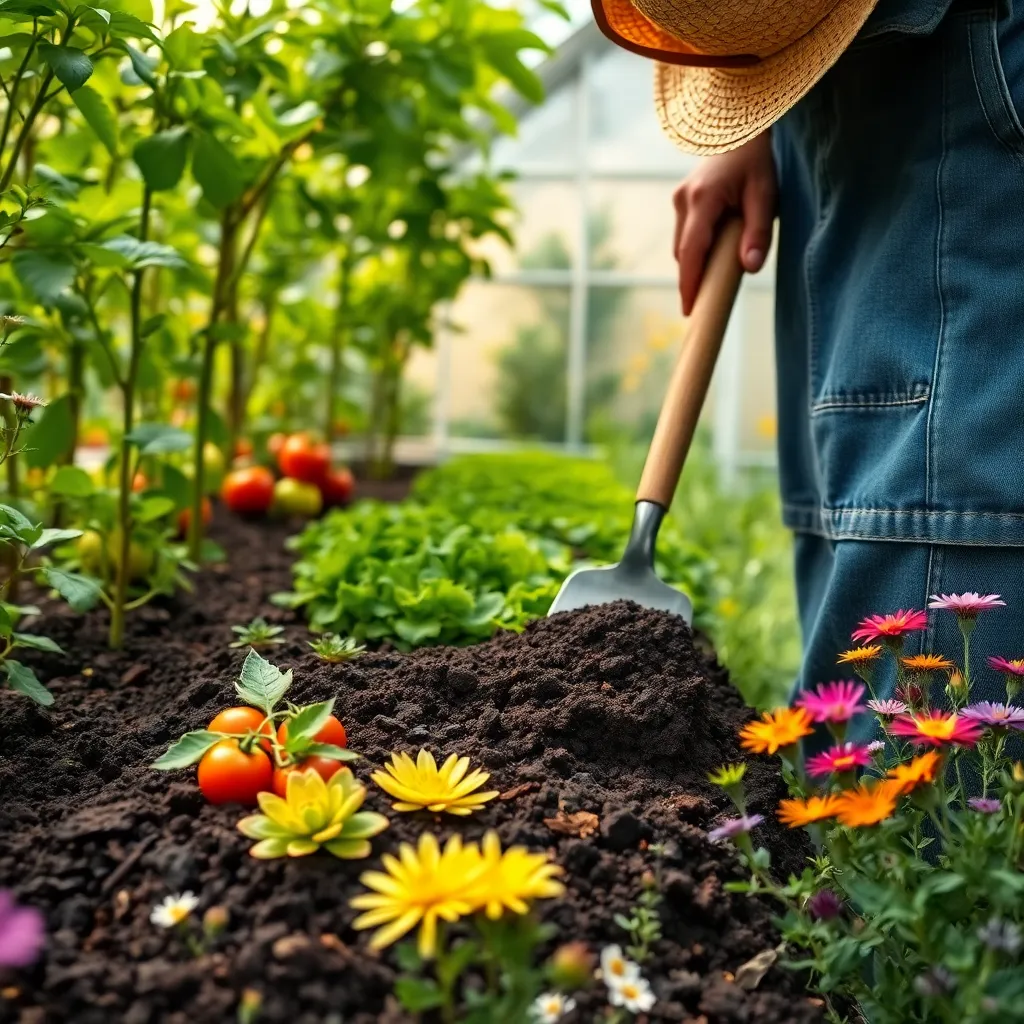
Compost is one of the most effective ways to enrich soil naturally, offering numerous benefits that are both sustainable and practical. By adding compost, you can improve soil structure, enhance moisture retention, and provide a slow-release source of nutrients to your plants.
One of the key advantages of using compost is its ability to support beneficial microorganisms in the soil. These microorganisms help break down organic matter, making nutrients more accessible to plant roots, which can lead to healthier growth and increased resistance to pests and diseases.
For beginners looking to start composting, it’s essential to maintain a balance of green materials (like grass clippings and vegetable scraps) and brown materials (such as dried leaves and straw). A simple rule of thumb is to aim for a mix of about 3 parts brown to 1 part green, ensuring proper decomposition without unpleasant odors.
Experienced gardeners can optimize their compost by periodically turning the pile to aerate it and maintain consistent moisture levels, akin to a damp sponge. This not only speeds up the decomposition process but also helps in the production of humus, a rich, dark material that boosts soil fertility significantly.
Effective Organic Fertilizing Techniques
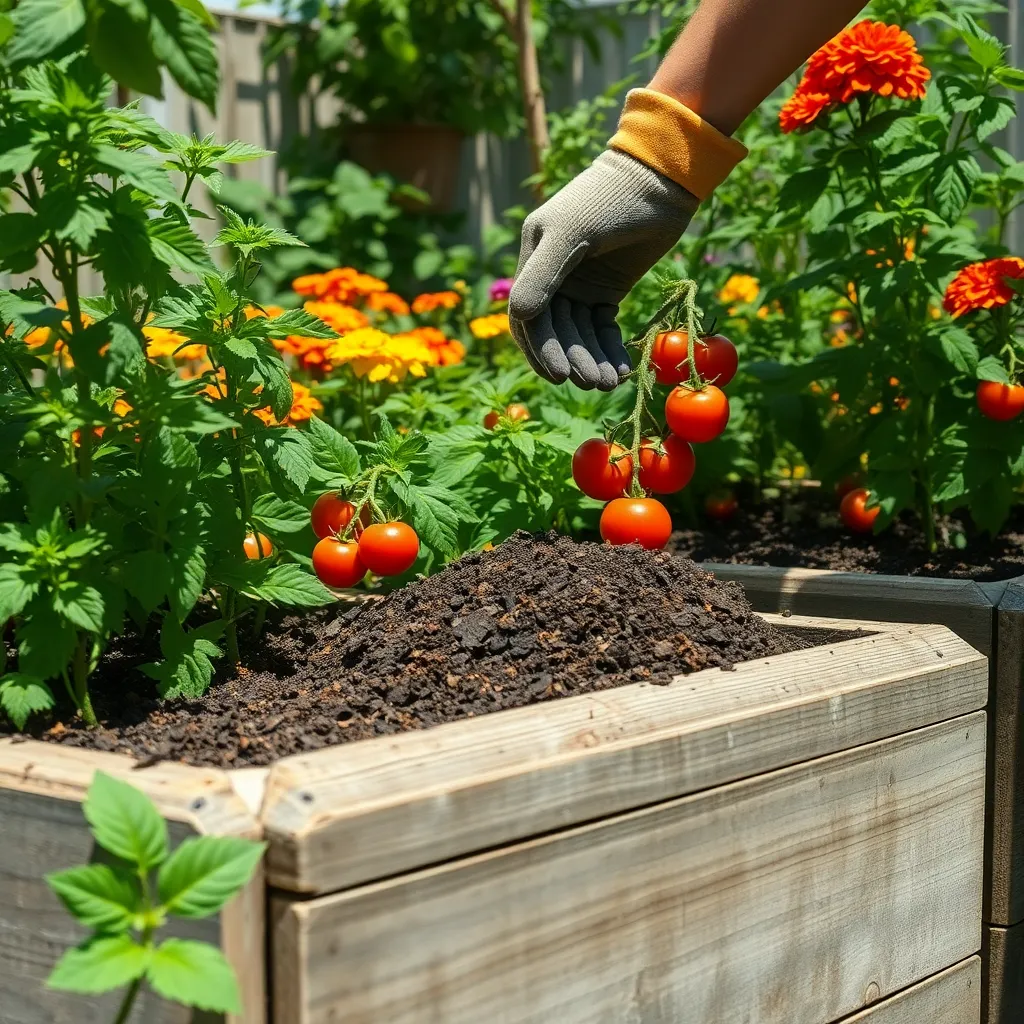
To effectively fertilize your garden organically, start by understanding the specific nutrient needs of your plants. Conducting a soil test can help you identify which nutrients are lacking and tailor your fertilizing approach accordingly.
Consider using organic fertilizers like manure, bone meal, or fish emulsion, which release nutrients slowly and improve soil health over time. These fertilizers not only nourish plants but also enhance microbial activity, which is essential for a healthy garden ecosystem.
For beginners, a simple method is to use well-rotted compost, which provides a balanced nutrient mix and improves soil structure. Spread a layer of compost around your plants in the spring and fall to maintain nutrient levels and support root growth.
Advanced gardeners might explore making their own compost tea to provide a quick nutrient boost during the growing season. Steep compost in water for a few days, then use this liquid to water your plants for an immediate nutrient uptake.
When applying organic fertilizers, it’s crucial to follow the recommended application rates to avoid nutrient burn. Over-fertilization can harm plant roots and lead to nutrient imbalances, so always aim for a balanced approach.
Timing is also important; apply organic fertilizers when plants are actively growing and capable of absorbing nutrients, typically in early spring and mid-summer. By aligning your fertilizing schedule with plant growth cycles, you’ll maximize the benefits and promote vigorous growth.
Conclusion: Growing Success with These Plants
In exploring the ‘Common Myths About Fertilize Plants Organically’, we debunked several misconceptions that can hinder a thriving relationship with your garden. First, we clarified that organic fertilizers can indeed match the efficacy of synthetic ones, nurturing plants naturally without harmful side effects. Second, we highlighted how understanding nutrient cycles enhances plant care. Third, we dismantled the myth that organic gardening is costly, revealing affordable, sustainable practices. Fourth, we emphasized the importance of patience in organic gardening, drawing parallels to nurturing relationships. Lastly, we addressed the misconception that organic practices are time-consuming, reinforcing that they can integrate seamlessly into your lifestyle.
Now, take a moment to apply one of these insights: try creating a simple compost pile at home. This small step can lead to a richer garden and a deeper connection with nature. As you embark on this journey, remember to save this article for ongoing guidance. Bookmark it now to ensure these insights are just a click away.
Looking ahead, integrating these organic practices into your gardening routine promises not only flourishing plants but also a rewarding relationship with your environment. You’re empowered to take action today—embrace it, and watch your garden, and your understanding, grow.

